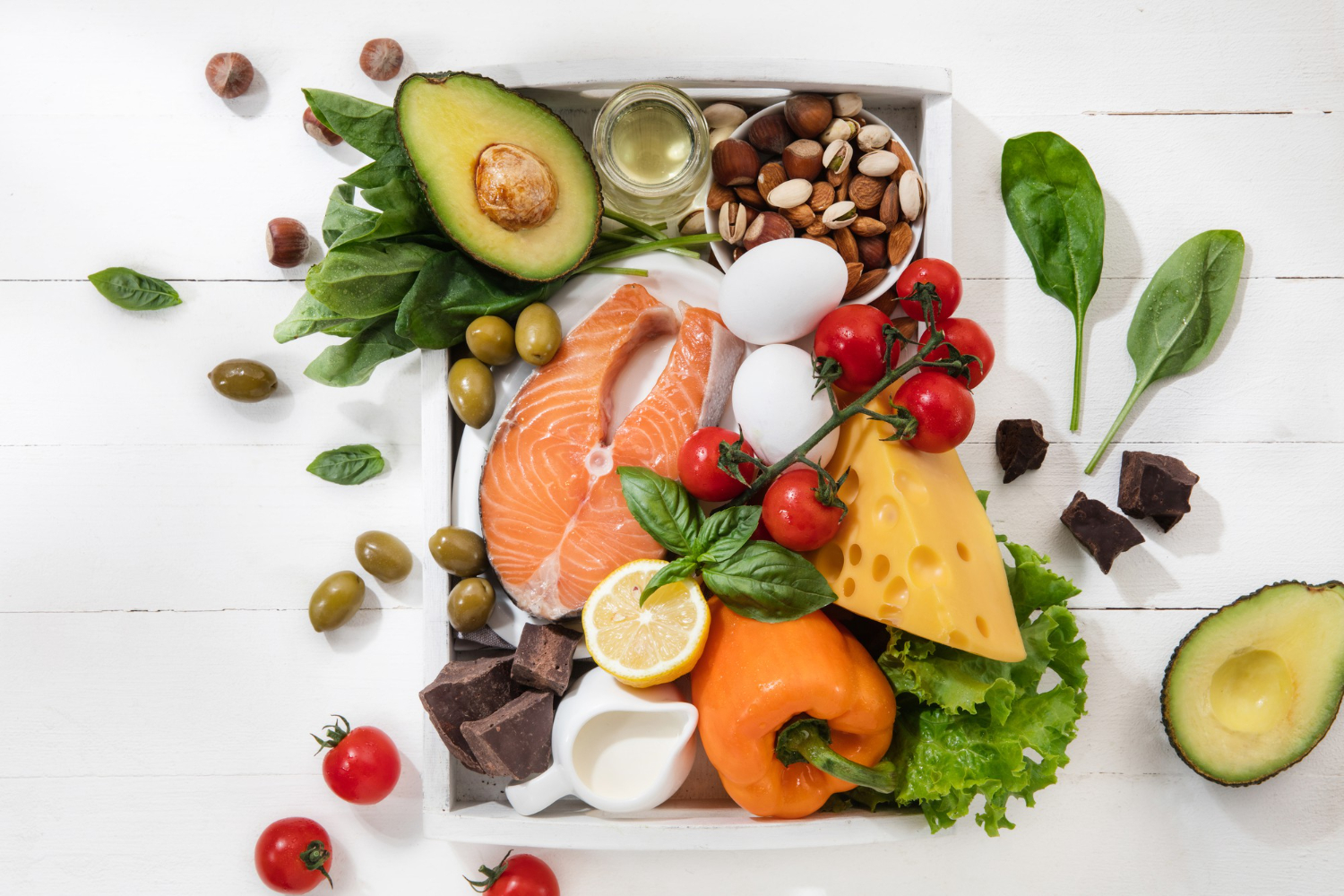How Diet Influences Flexibility
Introduction
Maintaining flexibility is crucial for our overall physical health and well-being. It allows us to perform daily activities efficiently, prevents injuries, and improves athletic performance. While regular stretching and exercise are essential for enhancing flexibility, diet also plays a significant role. This article will explore how diet influences flexibility and provide insights into the best foods for maximum flexibility.
The Importance of Diet
Proper nutrition and flexibility are essential for optimal health and influence our well-being. When we fuel our bodies with the right nutrients, we provide them with the necessary building blocks for muscle and tissue repair, contributing to increased flexibility.
Key Nutrients for Flexibility
1. Protein
Protein is essential for muscle repair, growth, and flexibility. Including adequate amounts of lean protein sources such as chicken, fish, beans, and tofu in your diet helps to support the development and repair of muscles and connective tissues, allowing for better flexibility.
2. Omega-3 Fatty Acids
Omega-3 fatty acids are well-known for their anti-inflammatory properties, which can aid in reducing joint stiffness and improving flexibility. Foods rich in omega-3 fatty acids include fatty fish like salmon and mackerel, chia seeds, flaxseeds, and walnuts. Consider incorporating these sources into your diet to optimize flexibility.
3. Vitamins and Minerals
Specific vitamins and minerals play a crucial role in maintaining flexibility. Vitamin C, found in citrus fruits, strawberries, and bell peppers, promotes collagen production, which supports the flexibility of tendons, ligaments, and skin. Additionally, adequate calcium, magnesium, and vitamin D intake are essential for healthy bones and joints, enabling better flexibility.
4. Hydration
Staying hydrated is often overlooked but is vital for maintaining flexibility. Water helps lubricate the joints and soft tissues, reducing the risk of stiffness and promoting ease of movement. Ensure you drink enough water throughout the day to support optimal flexibility.
Foods to Promote Flexibility
1. Dark Leafy Greens
Dark leafy greens such as spinach, kale, and Swiss chard are rich in vitamins A, C, and K, as well as calcium and magnesium. These nutrients contribute to healthy bones, joints, and connective tissues and Influence flexibility.
2. Citrus Fruits
Citrus fruits like oranges, lemons, and grapefruits are excellent sources of vitamin C. This vitamin aids in collagen production, which in turn provides elasticity to tendons and ligaments.
3. Nuts and Seeds
Nuts and seeds, such as almonds, walnuts, chia seeds, and flaxseeds, are packed with omega-3 fatty acids, vitamins, and minerals. Adding these to your diet can help reduce inflammation and promote flexibility.
4. Fatty Fish
Fatty fish like salmon, mackerel, and tuna are excellent protein sources and rich in omega-3 fatty acids. These nutrients work together to maintain joint health and influence flexibility.
5. Yogurt
Yogurt is an excellent source of calcium and protein, contributing to improved flexibility. Calcium supports bone health, while protein aids in muscle repair and growth.
Conclusion
While stretching and exercise are crucial for enhancing flexibility, we must not overlook the impact of our diet. Consuming a well-rounded diet that includes protein, omega-3 fatty acids, vitamins, and minerals and staying hydrated can significantly influence our flexibility. By incorporating the recommended foods into our daily meals, we can support our body’s ability to maintain and improve flexibility, leading to a healthier and more active lifestyle.




